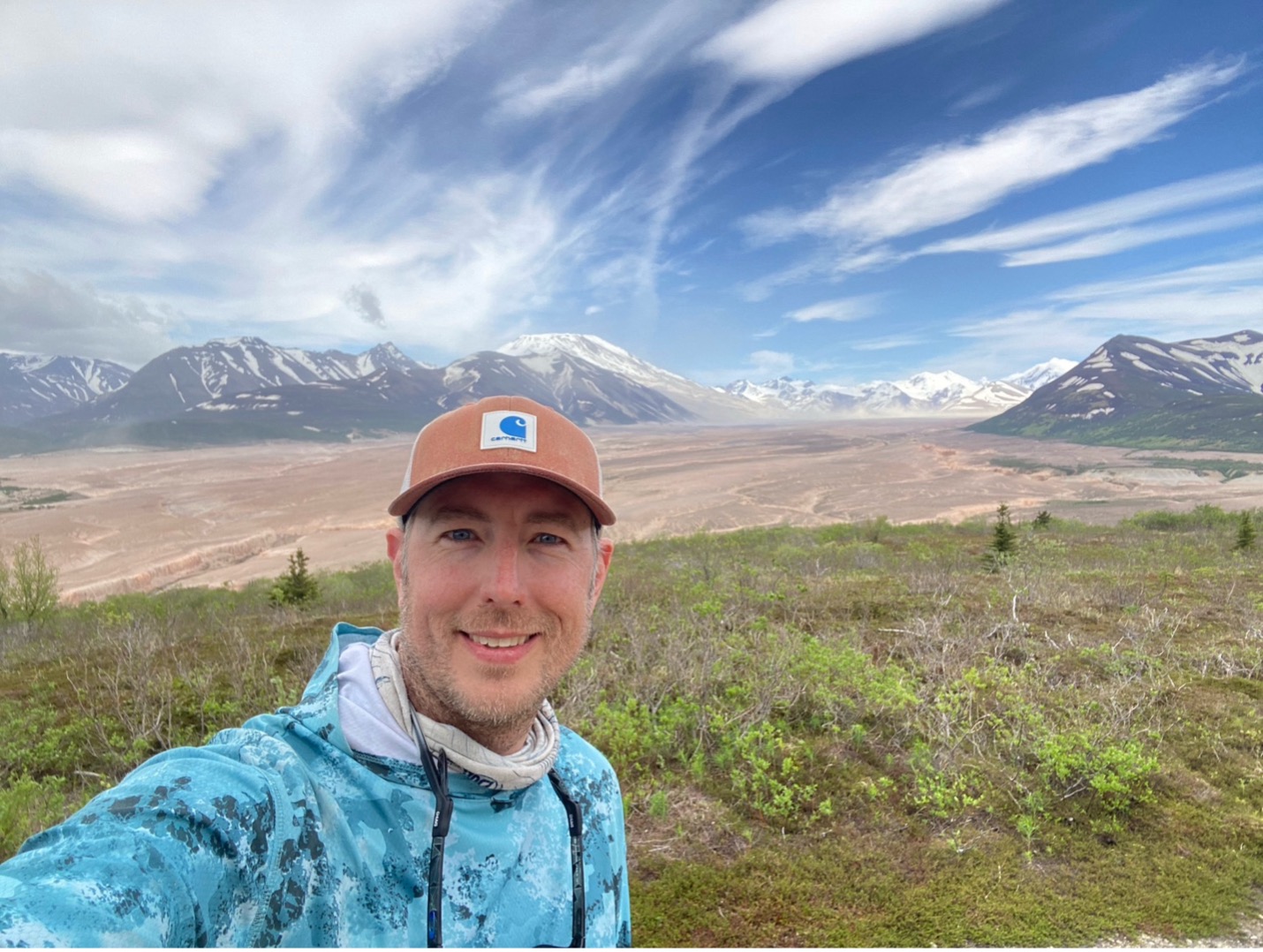Tabb Prissel joins the College of Science Earth, Atmospheric, and Planetary Science Department as assistant professor
03-10-2025

The College of Science EAPS Department welcomes Assistant Professor Tabb Prissel, who joined the faculty in the fall of 2024. Prissel graduated summa cum laude with a B.Sc. in geosciences and a minor in astronomy at Minnesota State University Moorhead (MSUM). He earned his Ph.D. in geological sciences from Brown University and was then awarded the Gordon McKay Postdoctoral Fellowship with the Lunar and Planetary Institute.
Before joining Purdue, Prissel supported NASA’s mission of lunar and planetary exploration working as a civil servant research scientist at the Johnson Space Center in Houston, TX. Working for NASA was one of his aspirations coming out of college, so leaving was a big decision. “The decision was made easier when I visited Purdue campus a week before spring commencement. I felt an energy that is hard to describe and the EAPS department was incredibly welcoming and collaborative. I was captivated by the way Purdue honors its rich legacy in lunar exploration and how this legacy continues to inspire its new missions forward. Lunar science has always been a primary interest of mine, and so leaping along Neil's bootprints in front of Armstrong Hall became an instant core memory,” says Prissel.
Prissel studies how the crusts of planets form and change and researches the origins of igneous rocks on Earth and other celestial bodies. “I do this by examining genetic markers in volcanic and igneous rocks from the Earth, Moon, and beyond,” says Prissel. “These markers help me understand the unique geological processes and chemical makeup of rocky worlds through space and time.”
Prissel also conducts high-temperature and high-pressure experiments to replicate the conditions and processes occurring within volcanoes and the deep interiors of planetary crusts or mantles. “We are in the process of building new experimental petrology labs in EAPS (Purdue Petrology Suite), which will allow students, colleagues, and me to study how elements behave in magmas and minerals under these extreme conditions,” says Prissel.
Prissel is teaching Introduction to Earth Sciences (EAPS 118) this spring and enjoys incorporating the storytelling of geoscience to help students learn how to read the Earth, sky, and Solar System. Prissel’s focus on storytelling and passion for inspiring students was sparked by his former mentor, Dr. Russ Colson, at MSUM. Dr. Colson often said, “Geologists are storytellers,” a notion that transformed Prissel’s perspective and opened his eyes to the wonders of science.
Prissel will also conduct an upper-level Lunar Exploration seminar (EAPS 591) in the fall of 2025. Here Prissel aims to work with students to deepen their understanding of lunar science, identify critical knowledge gaps, and engage them in ideation sessions to pave the way for the next giant leaps in lunar exploration. One of his plans for the EAPS department is to also develop an advanced igneous petrology course aligned with his research on the igneous evolution of planetary crusts.
Born and raised in the Great Plains of South Dakota, Prissel grew up surrounded by expansive horizons and starry night skies. He appreciates the changing seasons, especially fall and winter. He also enjoys watching thunderclouds gather on the horizon during spring and summer. “So, in many ways, West Lafayette and Indiana feel a lot like home to me,” Prissel reflects.
When not in the EAPS department, Prissel enjoys spending time and traveling with his family, coaching his son’s 3–5-year-old basketball team, mountain biking, grilling and smoking BBQ, and staying active through music, sports (with a proud “Boiler Up!” and “Go Pack Go!”), outdoor adventures, or gym workouts.
About the Department of Earth, Atmospheric, and Planetary Sciences at Purdue University
The Department of Earth, Atmospheric, and Planetary Sciences (EAPS) combines four of Purdue’s most interdisciplinary programs: Geology & Geophysics, Environmental Sciences, Atmospheric Sciences, and Planetary Sciences. EAPS conducts world-class research, educates undergraduate and graduate students, and provides our college, university, state and country with the information necessary to understand the world and universe around us. Our research is globally recognized, our students are highly valued by graduate schools, employers, and our alumni continue to make significant contributions in academia, industry, and federal and state government.
Written by: David Siple, Communications Specialist for the Earth, Atmospheric, and Planetary Sciences Department at Purdue University